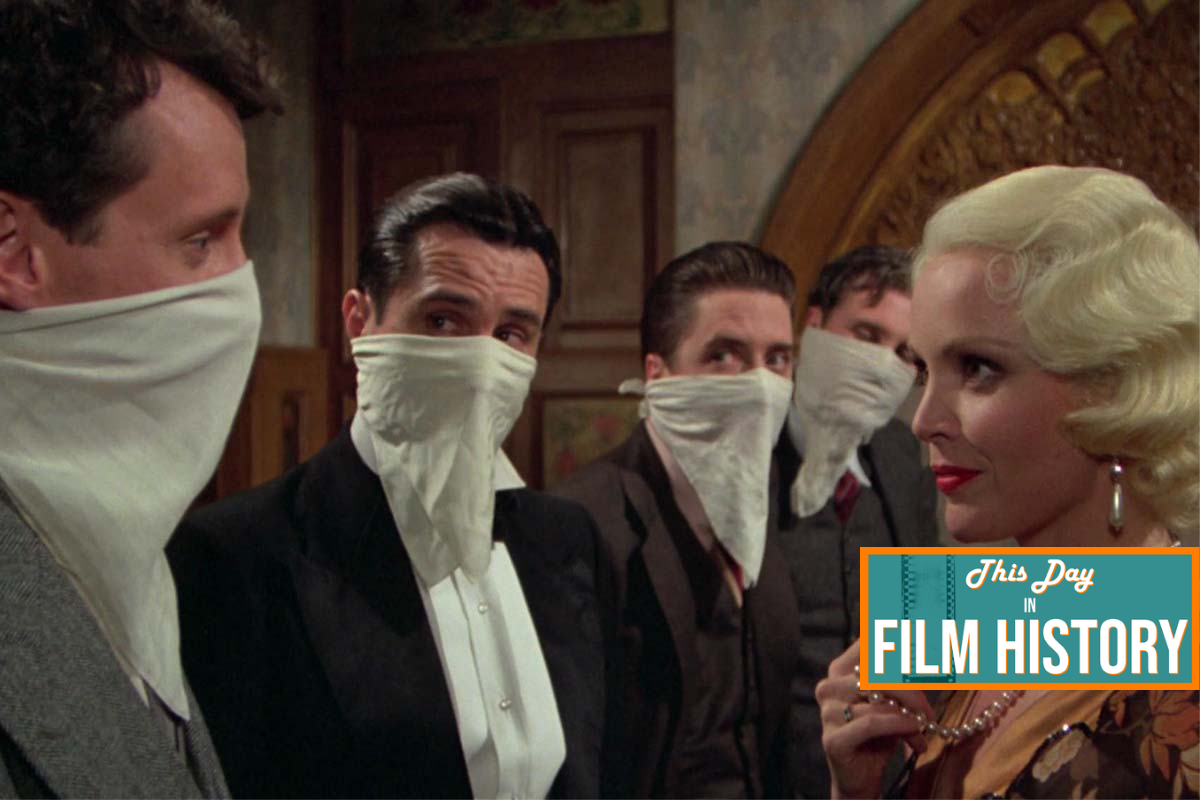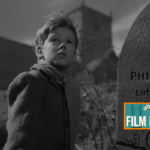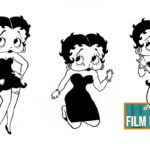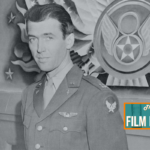
Once Upon a Time in America was the final film by Sergio Leone before his death at the age of 60. The film premiered at the 1984 Cannes festival on May 20th, and received a standing ovation that lasted for nearly 20 minutes. Those who attended the screening had praised the film for various reasons, but general audience goers and critics who would later watch the film had very different reactions.

June 1st marks the anniversary of Once Upon a Time in America’s wide release in the United States. The film was a critical and financial flop, with critics(many of whom had either seen the version shown at Cannes or the version released in Europe, or at least were made aware of these versions,) citing an incoherent and confusing story. In their review of this American release, the historic duo of critics Gene Siskel and Roger Ebert point to the nonsensical decision to not only gut the movie of important scenes that provide context and deeper meanings to the actions of our characters, but edit the movie so that the story unfolds in chronological order. These two gentlemen also saw the European version and wholeheartedly agreed that it was superior.
The film had been edited down, without the permission or even supervision of Leone, to a runtime of 139 minutes (as opposed to the 229 cut shown in other territories.) This was the decision of The Ladd Company, one of the production companies attached to the film. Leone never directed again, and passed away nearly five years later.
The film was restored and shown at the 2012 Cannes festival, under the supervision of Leone’s children. Sergio Leone originally envisioned a 269 minute version of the film, but this restored version was only 251 minutes long due to issues with rights to the footage. The 229 version of the film has also been released on home media.
As a rather young film fan, I was floored at what I had seen the first time I saw Once Upon a Time in America. Surely, a near four hour movie about crime, violence, lust and greed (I had read reviews before viewing this myself) couldn’t be THIS good. It is, to this day, one of my favorite first-time viewings of a movie. My one and only complaint at the time was a lack of likeable characters (with the exception of Deborah, who of course had been treated horribly by Noodles in the film.) But upon further viewings, I’ve grown to appreciate this film beyond my own expectations. Of course, you aren’t supposed to root for Noodles, and that’s okay. The film is also heavy, not just in its runtime, but in the emotions.

You see Noodles constantly turn to his wicked ways and it hurts, especially when Deborah gets caught in his lust and greed. Every time there’s betrayal, or death, or scenes of poverty, it stings. Leone does an excellent job of bringing these themes out in such a raw and compelling fashion. And don’t get me started on the cast: Robert De Niro, James Woods, Joe Pesci, Burt Young, even a young Jennifer Connelly.
The biggest takeaway for me, however, was actually the musical score by Ennio Morricone. It is my personal favorite by any composer, for any movie. This, for me, personally, is the real M.V.P. of the movie, adding something so special to the experience. On my most recent viewing, I was reminded of how powerful this score was when I arrived at the scene where Patsy sits in a hallway and eats pastry. The way Leone sits on this while Morricone’s score plays is truly masterful. I will often find myself humming Deborah’s Theme or Cockeye’s Song.
In an alternate reality somewhere, I’m sure, this movie is nominated for a slew of awards. Who knows, maybe, had this film been released in its true form, it could’ve been Best Picture at the Oscars rather than Amadeus. Perhaps Ennio Morricone wouldn’t have had to wait until The Hateful Eight to win his first competitive Academy Award.
Have you seen this classic? How does it rank among mafia movies, and among Sergio Leone’s other films?







